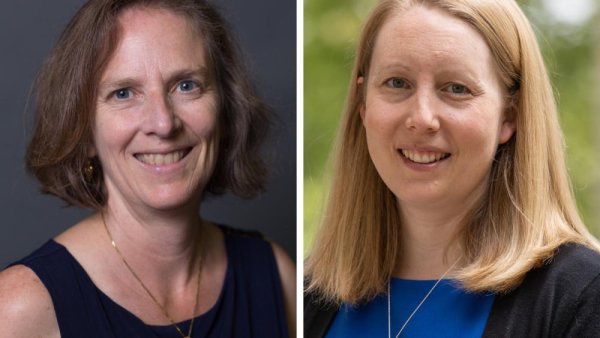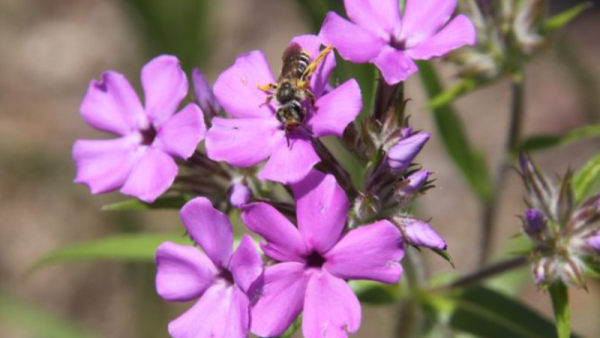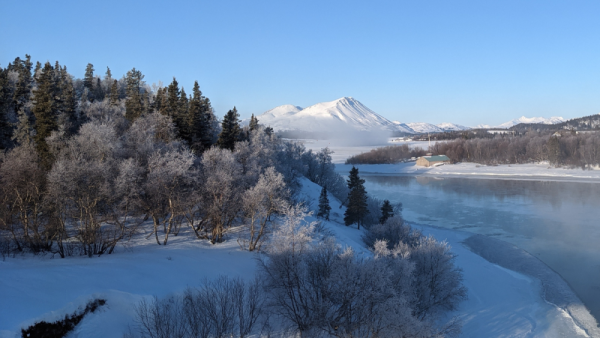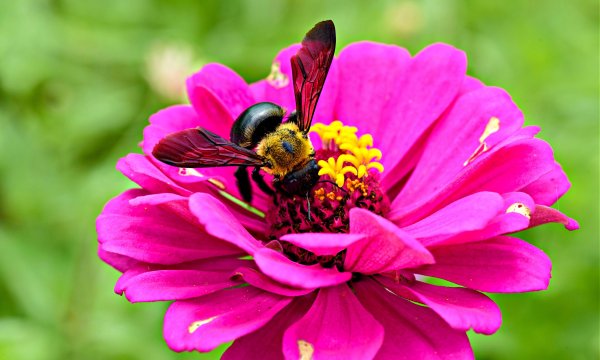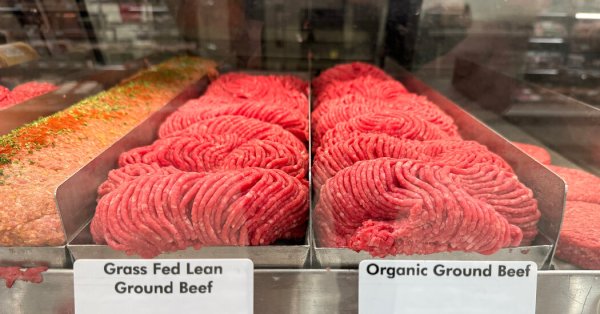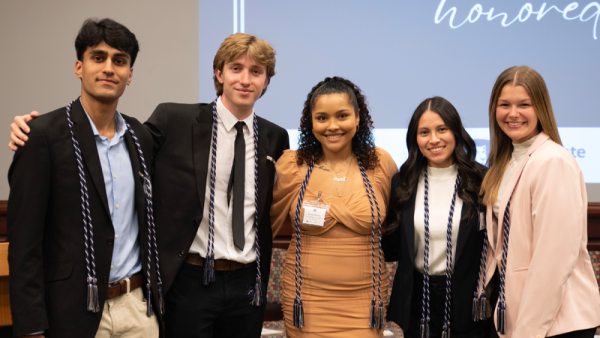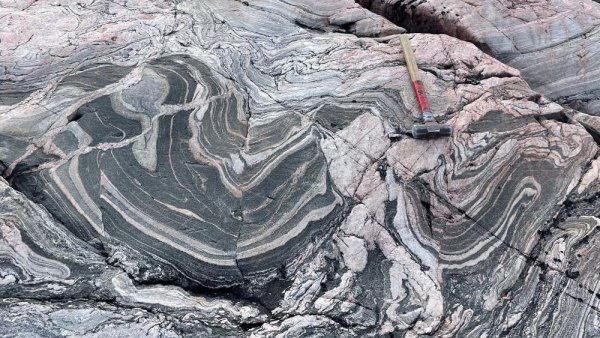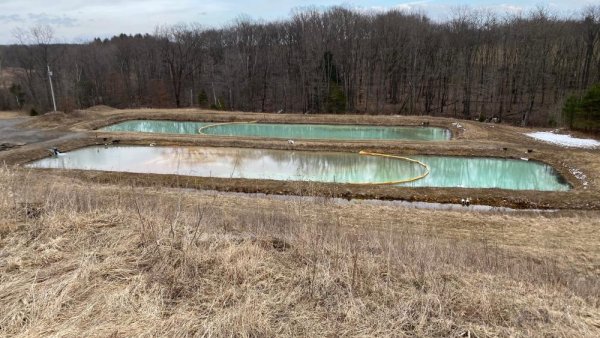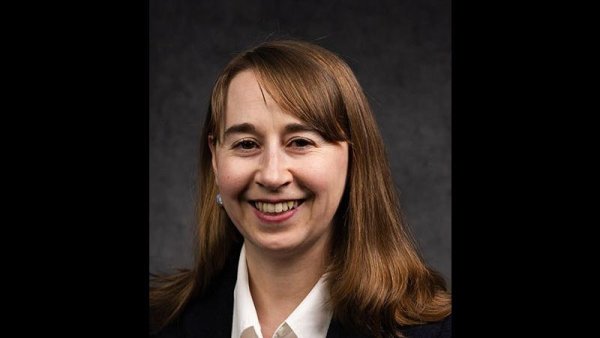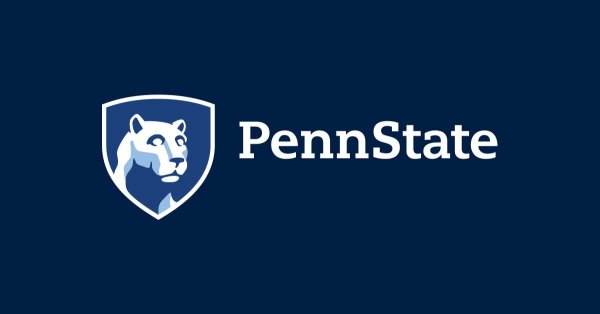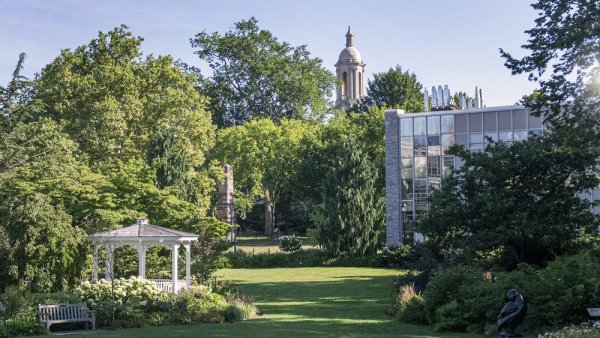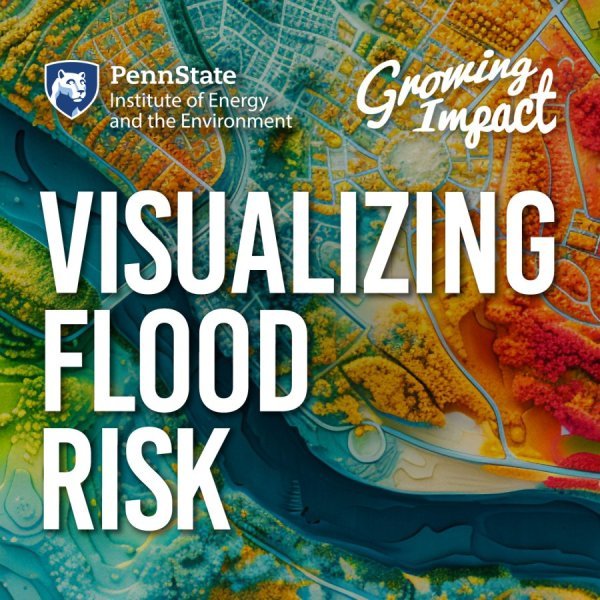Penn State Climate Consortium adds two associate directors to leadership team
| psu.edu
Two interdisciplinary researchers have been named as associate directors for the Penn State Climate Consortium.
Improved wildfire smoke model identifies areas for public health intervention
| psu.edu
A new model combining wildfire smoke forecasts and ground-based data may help public health officials plan targeted interventions to protect communities vulnerable to unexpected smoke events and air pollution. A team led by Penn State researchers developed the model and published their findings in the Science of Total Environment.
Q&A: Should you skip #NoMowMay and #PlantMayFlowers instead?
| psu.edu
Two pollinator experts in Penn State’s College of Agricultural Sciences discuss No Mow May and whether there's a better alternative to help support pollinators and biodiversity.
Many people in the Arctic are staying put despite climate change, study reports
| psu.edu
A team led by Penn State researchers reviewed studies from the past 30 years to examine whether climate change is causing people to migrate out of the Arctic — or if, and why, they’re deciding to stay. They found that while individuals are not yet relocating due to climate change, at least one whole community has.
Bees' ability to withstand heat varies by size and sex
| earth.com
Researchers at Penn State discovered that larger squash bees, particularly males, demonstrate greater heat tolerance. This article features Penn State research.
E. Coli has been found in ground beef and walnuts. Here’s what to know.
| nytimes.com
The bacteria sickens an estimated 265,000 Americans each year. This article quotes Edward Dudley, professor of food science.
First-generation honor society at University Park inducts inaugural class
| psu.edu
The Eta Psi chapter of Tri-Alpha, a national honor society for first-generation college students, inducted its first members on April 22 at a ceremony in the Pattee and Paterno Library’s Foster Auditorium.
Rock steady: Study reveals new mechanism to explain how continents stabilized
| psu.edu
Ancient, expansive tracts of continental crust called cratons have helped keep Earth’s continents stable for billions of years, even as landmasses shift, mountains rise and oceans form. A new mechanism proposed by Penn State scientists may explain how the cratons formed some 3 billion years ago, an enduring question in the study of Earth’s history. The team published their work in Nature.
$4.99M DOE grant to build domestic supply chain for critical minerals
| psu.edu
A Penn State research team was recently awarded a $4.99 million grant from the U.S. Department of Energy to develop and assess advanced separation technologies for the extraction and recovery of rare earth elements and other critical materials from coal, coal wastes and coal by-products.
Becot named Nationwide Insurance Early Career Professor of Agricultural Safety
| psu.edu
Florence Becot recently was appointed Nationwide Insurance Early Career Professor of Agricultural Safety and Health in the Penn State College of Agricultural Sciences. She will oversee research, extension and academic programs in safety and health related to the agricultural and the biorenewable industries.
SustainaLions, new Employee Resource Group announced
| psu.edu
New Employee Resource Group to focus on educating, engaging and connecting with Penn State employees to promote and support sustainability across the University.
University to provide $10.2M to centrally fund faculty promotions in FY25, FY26
| psu.edu
As part of an ongoing commitment to investing in faculty and staff, Penn State will be contributing more than $4.8 million toward faculty promotions in the fiscal year 2024-25 budget and $5.4 million in fiscal year 2025-26. Along with support for tenure-line promotions, the University will now also fund non-tenure-line faculty promotions at all campuses centrally starting in fiscal year 2024-25 — meaning these promotions and salary increases will not be funded out of individual college, institute or campus budgets.

